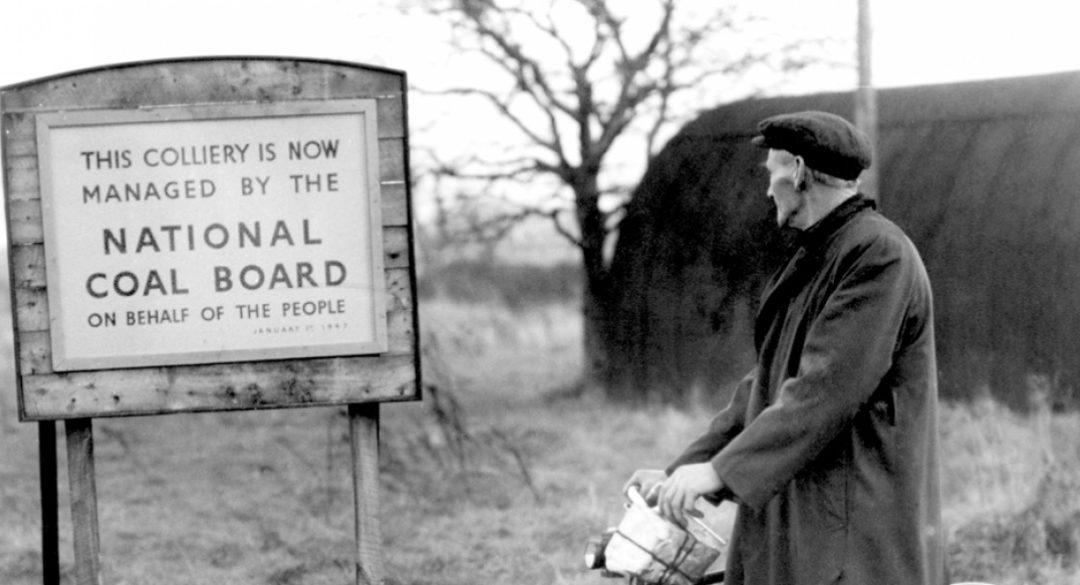Our highlight this month in Reviews in History is a fascinating discussion between Scott Newton and David Edgerton of the latter’s The Rise and Fall of the British Nation: a Twentieth Century History.
This compelling book recasts 20th-century British history in terms of the building and dismantling of a specifically British nation, challenging the use of ‘declinism’ as an explanation of Britain’s changing domestic and international experience since 1900.
The same period is also covered by Robert Saunders’ Yes to Europe! The 1975 Referendum and Seventies Britain, another book with obvious contemporary relevance (though with a different ending!). Mathias Haeussler enjoys a timely, thoroughly-researched and stylishly-written study.
Finally in this vein we have Wendy Webster’s Mixing It: Diversity in World War Two Britain. Henry Irving believes this book makes a compelling argument, built upon a rich collection of sources, and deserves to be widely read.
Moving away from twentieth-century Britain to the pre-Civil War United States, we review The Captive’s Quest for Freedom: Fugitive Slaves, the 1850 Fugitive Slave Law, and the Politics of Slavery by Richard Blackett.
Scott Hancock and the author discuss a thoroughly researched book which is able to carry a reader through thick detail by simply telling good stories.
For medieval buffs, we also have also covered The Cult of Thomas Becket: History and Historiography through Eight Centuries by Kay Brainerd Slocum, as Katherine Harvey reviews a valuable addition to the ever-growing literature on Thomas Becket, and Pope Eugenius III (1145-53): The First Cistercian Pope, edited by Iben Fonnesberg-Schmidt and Andrew Jotischky.Benedict Wiedemann praises another excellent contribution to CFCMW’s series on 12th-/13th-century popes.
You can read all 2000+ reviews on the main Reviews in History website, and feel free to get in touch with editor Danny Millum at danny.millum@sas.ac.uk with any suggestions.

